-
About
-
Our Brand
-
Products
-
Community
Community
Blog
Blog
Country-specific Pipe Material Standards
- Writer
- STEELTOPIA
- Date
- 23-11-15
Hello. This is Steeltopia, specializing in steel import and export.
Globally, there are various standardization institution and organizations for different piping materials. Each country has its unique standardization system managed by national organizations or specific sectors.
Today's post will introduce internationally recognized standardization bodies and organizations.
1. KS: Korean Industrial Standards
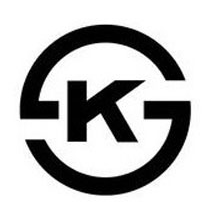
KS, an abbreviation for Korean Industrial Standards, is a system that establishes criteria for the quality and safety of products and services produced or manufactured in Korea. Developed collaboratively by government agencies and industrial organizations, KS aims to ensure reliable products and services between consumers and businesses.
2. JIS: Japanese Industrial Standards
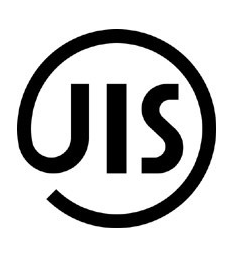
JIS, or Japanese Industrial Standards, defines a system for standardizing products and services in Japan. It provides standards in various aspects, including quality, safety, and reliability. JIS is used to offer stable products and services to manufacturers, businesses, and consumers.
3. AISI: American Iron and Steel Institute

AISI represents the iron and steel industry in the United States. It plays a role in developing and maintaining standards for steel and metal products. AISI provides knowledge and information on the production, processing, and consumption of steel to promote industry development and safety. The standards set by AISI are widely recognized as important benchmarks in the U.S. steel and metal industry.
4. DIN: Deutsches Institut für Normung
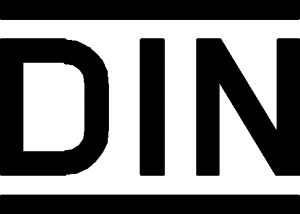
Deutsches Institut für Normung (DIN), the German Institute for Standardization, is Germany's national organization for standardization and a member of the German ISO. DIN covers almost every technical field with approximately 30,000 DIN standards. It was originally established in 1917 as Normenausschuß der deutschen Industrie (NADI) and later became Deutscher Normenausschuß (DNA) in 1926 before adopting the current name, DIN, in 1975.
5. BS: British Standard
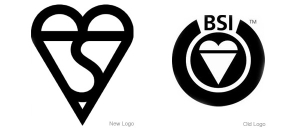
British Standards (BS) are standards produced by the BSI Group, officially designated as the National Standards Body (NSB) in the UK under the Royal Charter. BSI Group, authorized by the Royal Charter, produces standards in line with the Charter's authority. Kitemark is awarded to products and services certified by BSI as meeting the requirements of specific standards within the designated scheme.
6. AFNOR – Association Française de Normalization
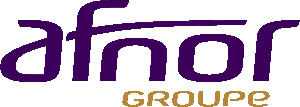
AFNOR is the French standardization organization responsible for developing and maintaining standards for products and services manufactured in France. It provides internationally recognized standards in various industrial fields, covering aspects such as quality, safety, and the environment. AFNOR standards are used in France and internationally to help maintain consistent quality and safety in products and services.
7. GB: Guóbiāo
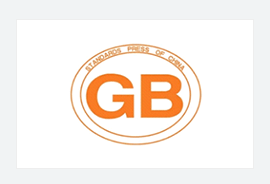
Guóbiāo (GB) represents the Chinese National Standards, reflecting the standardization system used in China. GB standards define quality and safety criteria for various products and services manufactured in China. These standards are applied across different industries and are used both within China and internationally. GB standards assist manufacturers, importers, and consumers in evaluating and comparing the quality of products manufactured in China.


 HOME
HOME